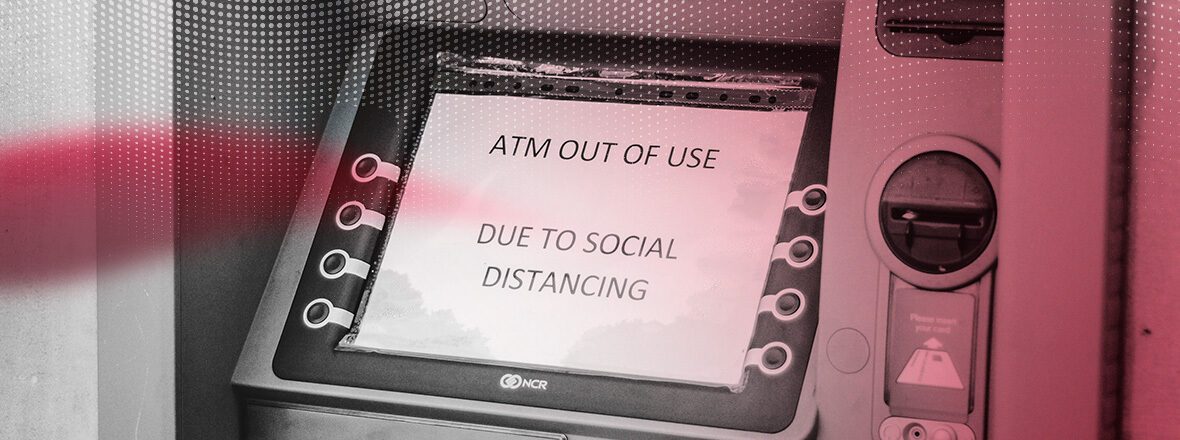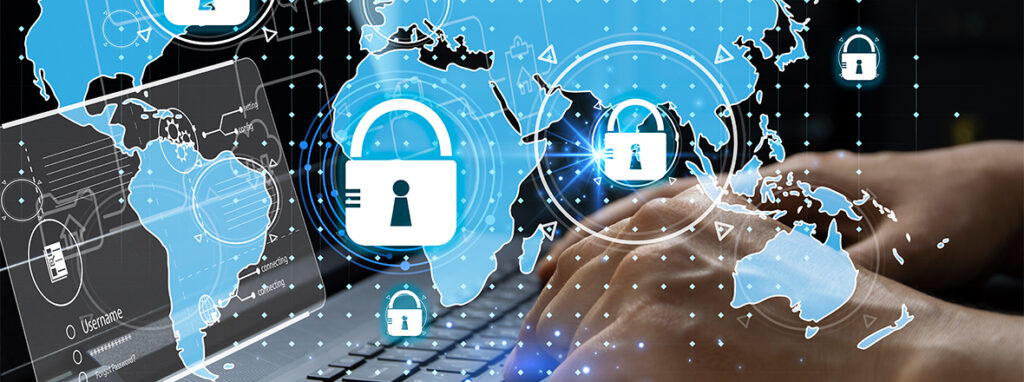The new profile of post-pandemic customers and their consumption habits
Isolation measures, new ways of working, and a host of other transformations caused by the pandemic have given rise to a new type of consumer who no longer needs (or wants) to leave the house to buy. This new paradigm has forced companies to make a series of adaptations to attract, maintain and retain customers who suddenly have a new set of needs.
In this piece, we’ll dive into the new consumer environment, addressing post-pandemic customer profiles, consumption habits, and the impacts of consumer preferences in sectors such as e-commerce. Check it out below!
Post-pandemic e-commerce growth
The fact that the pandemic caused people to evolve their habits and shift en-masse to shopping online is not quite a revelation. However, the fact that virtual stores grew throughout this period, by about 48.3% compared to the beginning of 2019, underlines just how impactful a shift occurred.
This new reality made physical store managers migrate to e-commerce to continue selling and providing services during the quarantine. It turns out the “trend” is displaying plenty of staying power. However, for a business to make a profit, both in the virtual and physical realms, it is essential to understand the new consumer profile that emerged in the contemporary model.
Fast delivery was easy, service is more difficult
With the pandemic, shopping for delivery has become a truly ingrained habit. Sophisticated delivery operations that were already evolving during the pandemic made the shift possible. Yet, while sophisticated delivery had already evolved, the great customer experience that was easy to provide in stores and had a playbook didn’t translate online. While successful online stores provided a model, the sheer volume of deliveries, paired with new and diverse services meant a customer service operation in need of efficiency, record keeping, and personalization.
Awareness: focus on sustainability and brand diversity
Another profile that emerged during the pandemic was that of the conscious consumer, who wants to reduce their impact on the environment and society. Our world has a delicate balance to achieve, and as the frequency of one-in-a-lifetime natural disaster events has skyrocketed, what was once a niche issue has taken center stage. With the world forced online, social media pushed the message through, increasing awareness around environmental and climate change issues by 30%.
Environmental awareness encourages consumers to look for sustainable shopping alternatives, choosing brands that care about ecological issues. For customers it is essential that organizations adopt practices that respect nature, create a sense of collective responsibility, respect diversity, and gain more attention from the public. To achieve this, brands must provide consumers with information and evidence to their experience, covering topics they care about, such as the sustainability of the production chain. The more information consumers have about a business’s values and practices, the more confidence they will have in a brand.
Humanized service
Although applications and online services dominate the post-pandemic scenario, companies must keep their attention focused on personalized, close and individualized service. It’s that type of service which bolsters brands’ image as authentic, cements customer loyalty, and leads to larger cart sizes and increased sales. While recognizing customers and knowing their preferences in store was easy, online personalization means being able to track conversations, store important data in a CRM, and being able to leverage it with a few clicks. The rise of online is supposed to symbolize convenience as well and repeatedly typing what was covered last time is a recipe for disaster. WhatsApp and the increase in sales
Within the recent context of online shopping and consumer demand for personalization, WhatsApp has established itself even more as one of the most used applications for communication between consumers and brands. Today, more than five million brands are active on WhatsApp Business. What was once just an application for exchanging messages is today an essential channel with the public and one of the most powerful sales tools. Conversational marketing is on the rise, driven by 86% of buyers saying they are willing to pay more for a great customer experience, encouraging businesses to meet customers where they are online.
Personalized communication is more important than ever for consumers. To find out more about how personalized connections with consumers can aid retailers, read our blog entitled: Personalized marketing means winning big.
Here are some benefits of using it:
- Advanced interaction: the customer can request more information about the product and clear all their doubts directly and objectively
- With more personal service, they’re closer to the brand: even at a distance, it is possible to increase sales conversion and ensure customer loyalty.
- WhatsApp Pay: the new feature offers a payment option directly through the application, ensuring practicality for all involved.
For more information about how tuvis can boost your sales with WhatsApp, book a demo here.
Adapting to a new reality
After the worst phases of the pandemic, something called Revenge Consumption emerged. This expression defines “an anticipated flurry of purchases” after the lockdown was lifted.
In other words, people are consuming even more in the post-pandemic period and brands need to pay attention to this phenomenon, creating strategies that impact sales in both physical and virtual stores. For this, companies can work on strategies such as:
Withdrawal of products in stores
We know that many consumers have created the habit of buying in virtual stores, which has boosted the strength of e-commerce. However, factors such as delivery time, and the impossibility of pre-purchase contact with the product, among other issues, may represent an impediment to purchase for some customers.
Thus, to ensure better reliability, the option of picking up products in the physical store is an excellent strategy, as it combines the practicality of online consumption with the speed of delivery in physical stores. In addition, going to the physical store also gives the customer the possibility to buy more items in the establishment itself or to see their order before purchasing.
Personalized service
Customers are increasingly demanding a higher standard of customer service. Research shows that 66% of customers expect companies to understand their needs. This is a reflection of the strategies created based on data-driven marketing that offers a personalized experience to the public.
In this context, it is important that the customer does not feel like just another number in an impersonal, cookie-cutter buying process. Brands need to pay attention to the customer, and listen to their individual needs. Doing so will considerably benefit businesses, building customer loyalty and a better brand reputation. The proof is in the numbers: customer-centric companies are 60% more profitable than companies that aren’t.
Speed of delivery
Another crucial factor for this new customer profile is the speed of delivery of products. The popularization of e-commerce was mainly due to the agility and practicality of its operation. With this in mind, companies must create strategies to ensure fast and efficient delivery. Firstly, because of efficient delivery balloons costs, and secondly because if they don’t deliver quickly, consumers have plenty of other options that will – Amazon-Esque fulfillment is now more of a standard than a future target.
Within these new scenarios, customers also demand that companies adapt to this new reality to ensure satisfaction. Thus, knowing your audience better is essential to creating conversion strategies and converting them into sales and loyalty.



